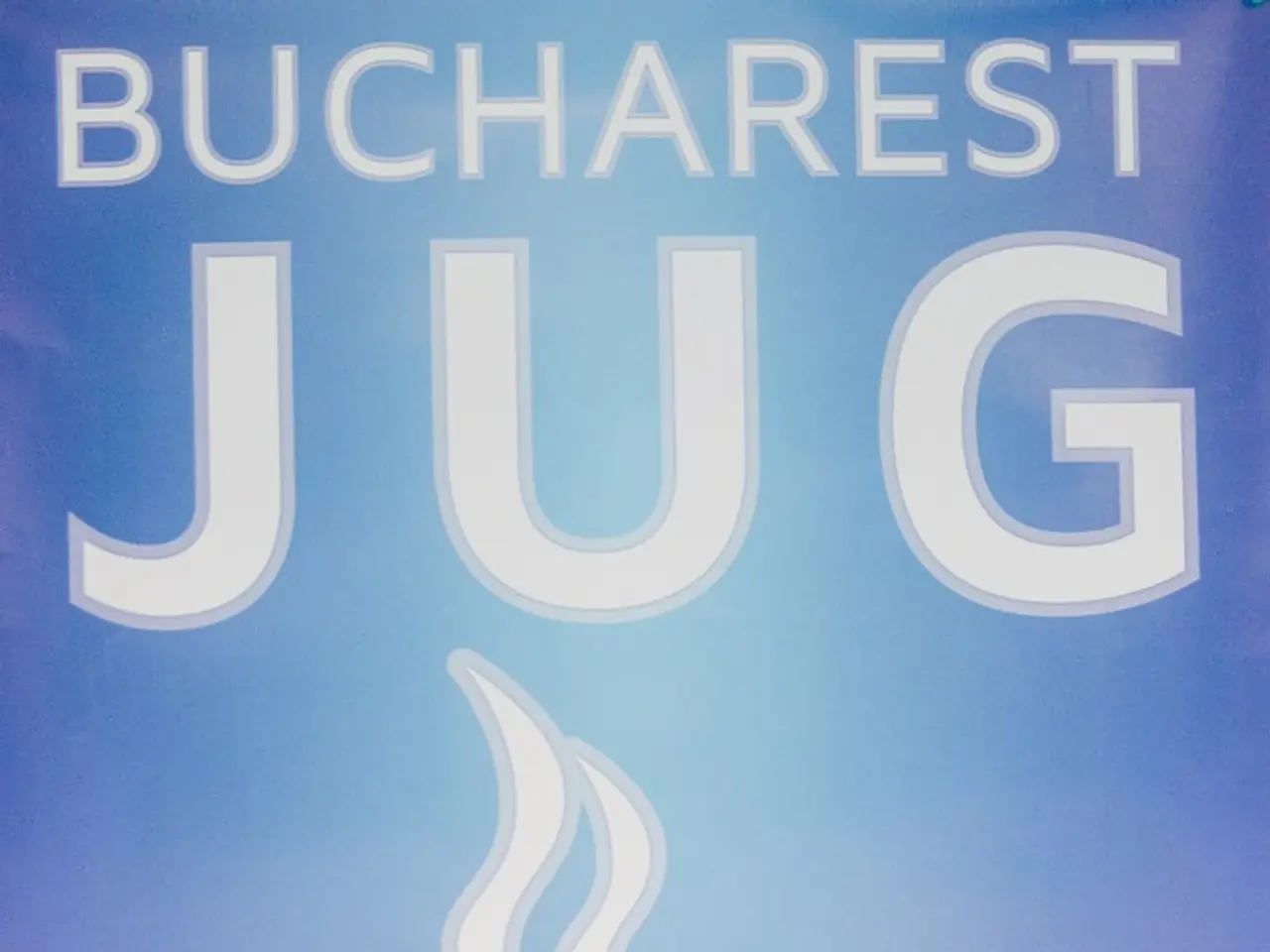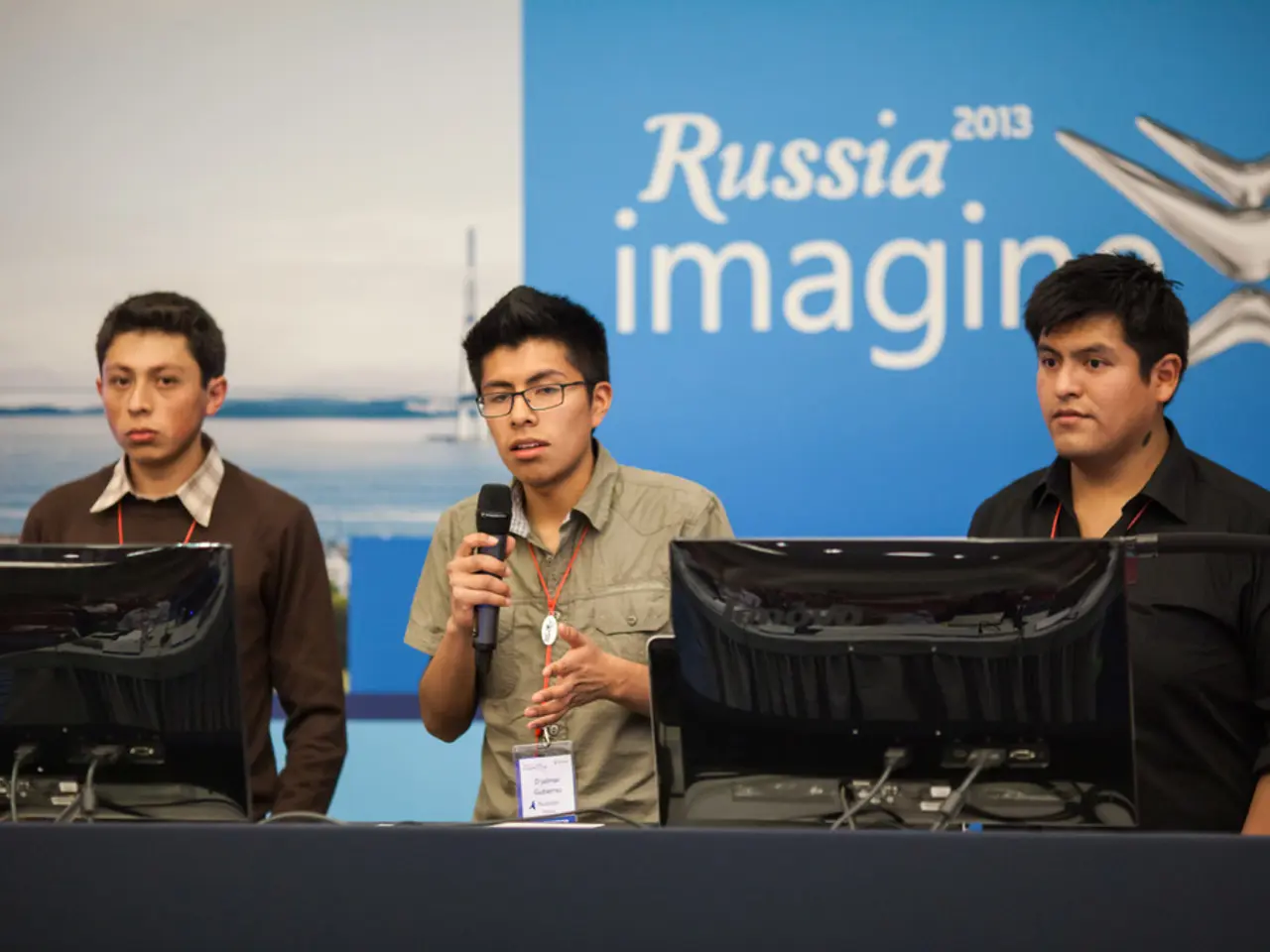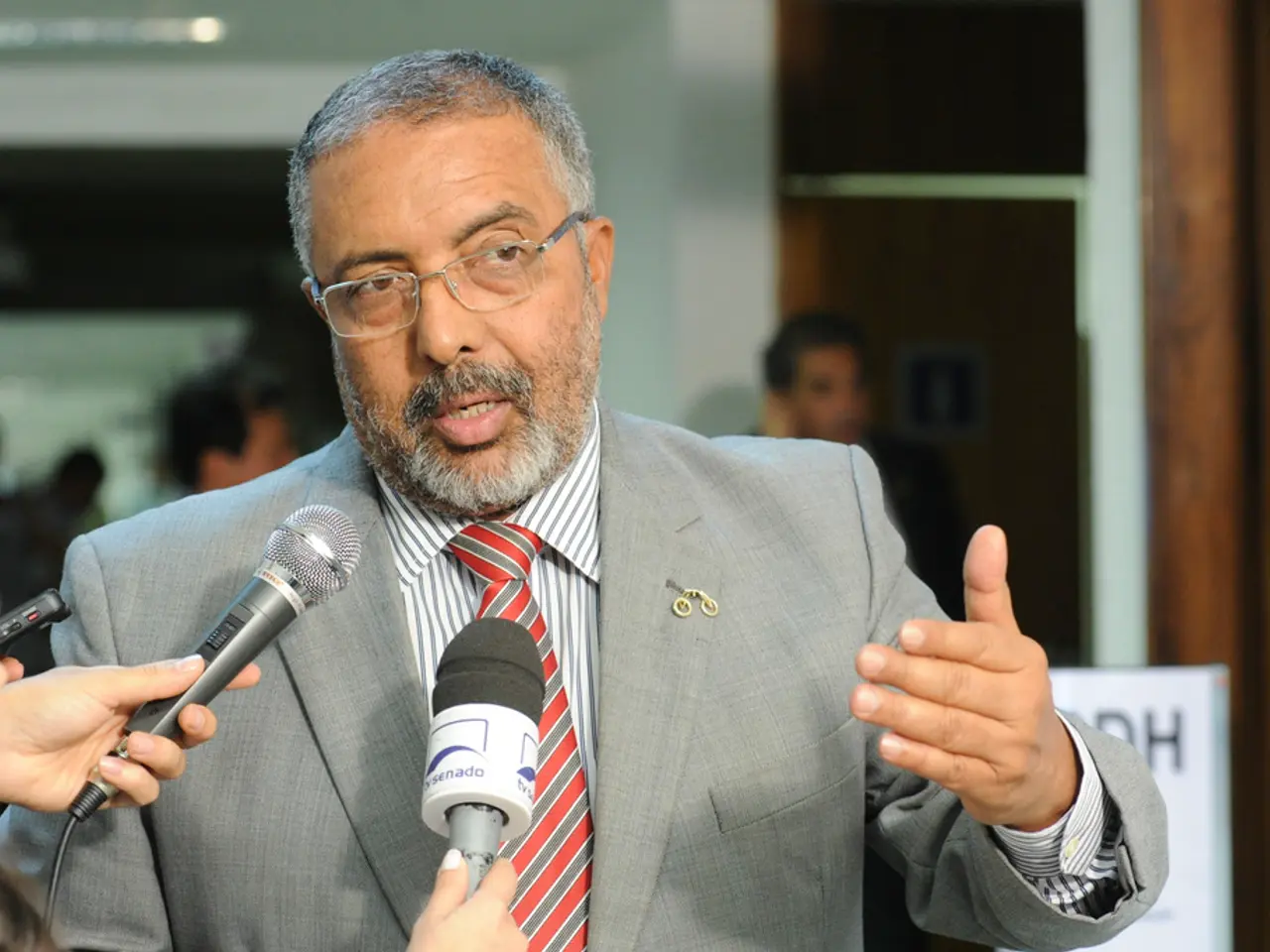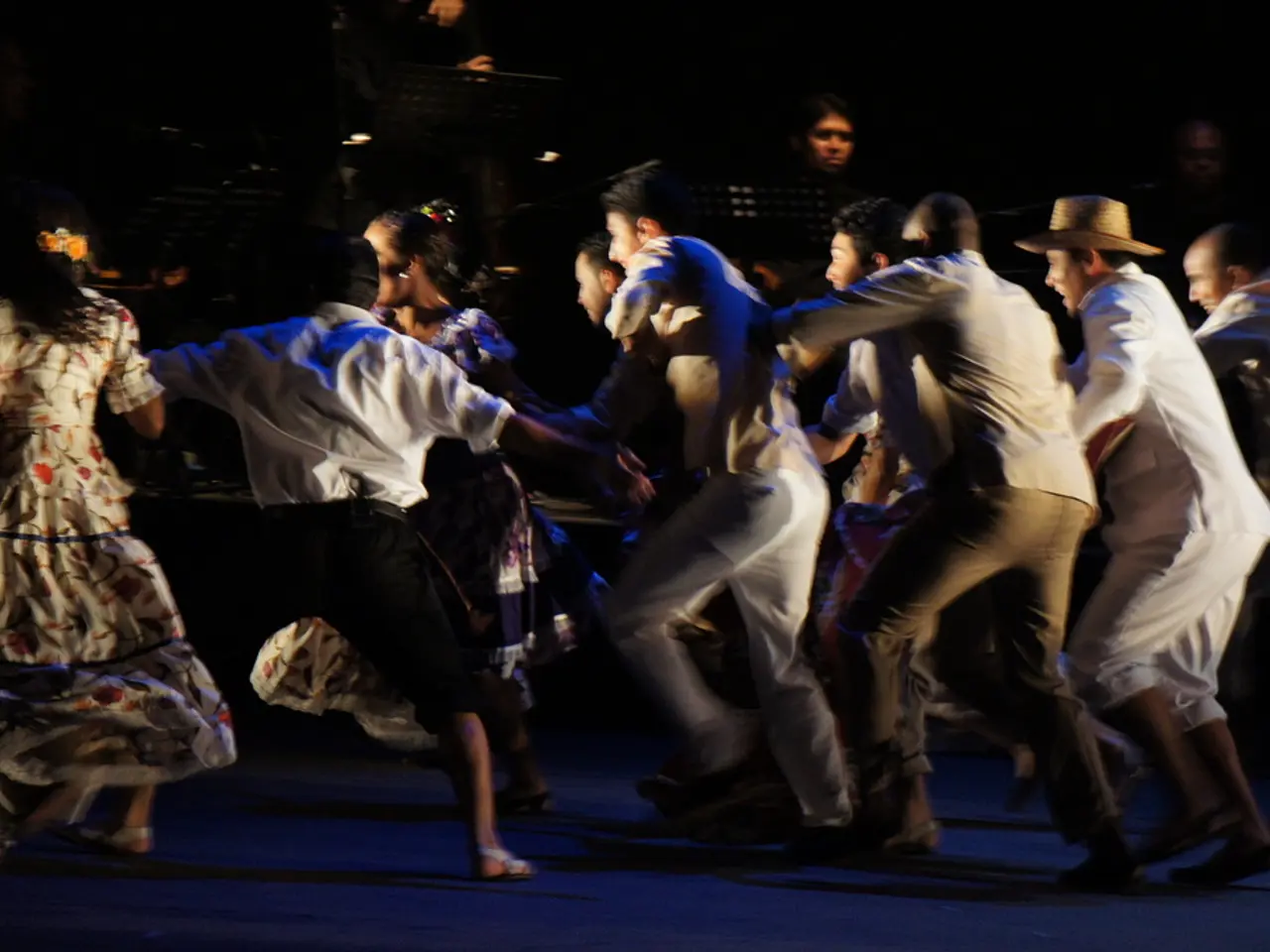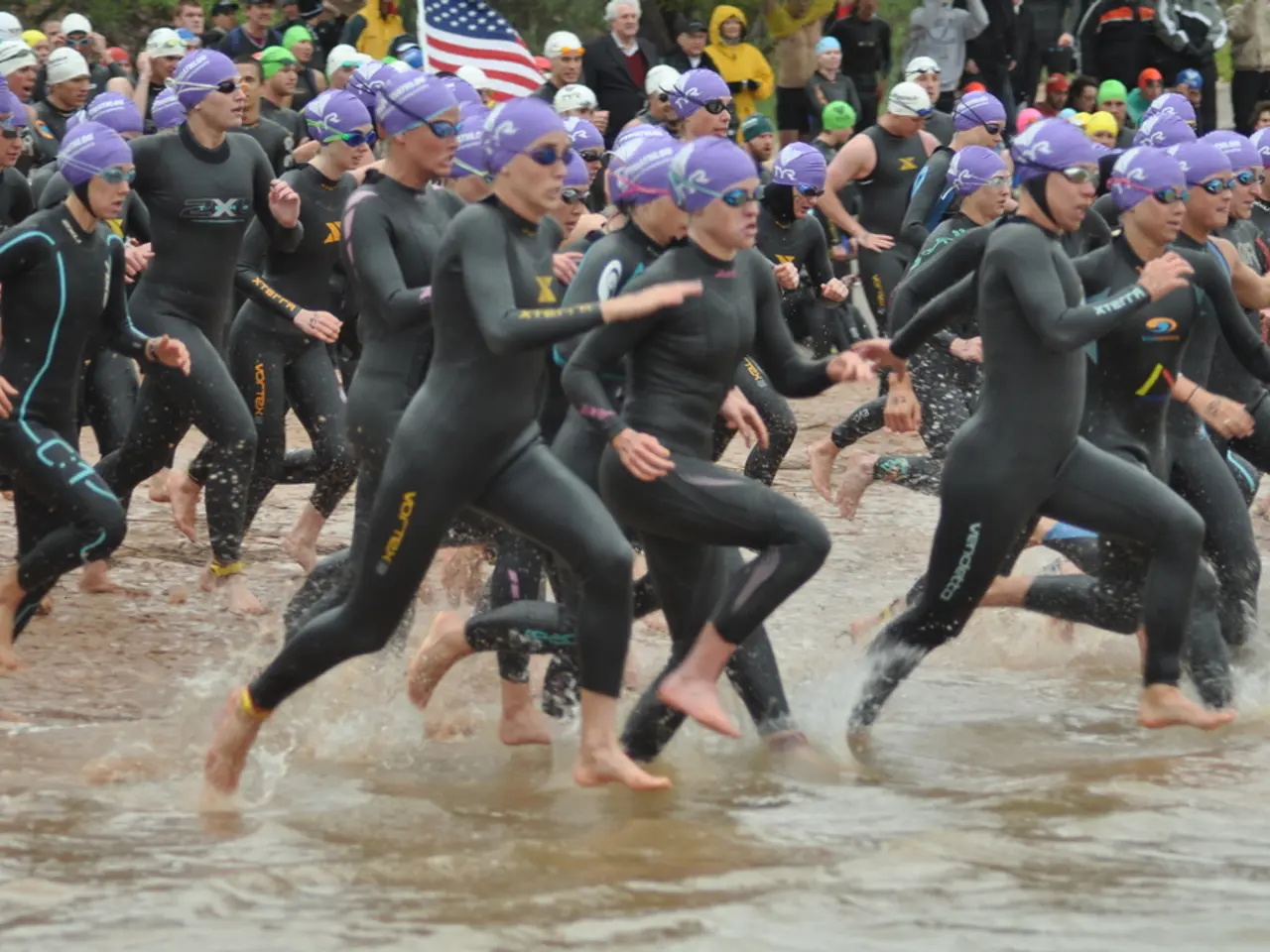Unverified Detention of NNPC Chief, Ojulari by EFCC and DSS Stirs Debate
In a three-day protest that began at the National Assembly, NNPCL headquarters, and EFCC offices, calls for immediate action against Bayo Ojulari, the Group Chief Executive Officer (GCEO) of the Nigerian National Petroleum Company Limited (NNPCL), have intensified.
The controversy surrounding Ojulari stems from allegations of a $21 million corruption scandal. Reports suggest that he was allegedly pressured into signing a resignation letter by operatives of the Economic and Financial Crimes Commission (EFCC). However, these claims have been denied by authoritative sources, including the Presidency and NNPCL. Bayo Onanuga, Special Adviser to the President, confirmed that Ojulari remains the substantive head of NNPCL.
The scandal came to light after a whistleblower alerted the EFCC, prompting them to freeze the implicated account and intensify scrutiny of NNPCL's financial dealings. The investigation has also uncovered a $21 million kickback scheme involving oil traders and pipeline contractors.
Despite the ongoing investigation and public scrutiny, Ojulari has continued to perform his official duties. He attended a virtual event organized by the Society of Petroleum Engineers Nigerian Council and held internal meetings at NNPCL headquarters, signaling he remains in office.
Ojulari took office as NNPCL GCEO on April 2, 2025, appointed by President Bola Tinubu in a major executive reshuffle of the national oil company. His leadership has been marked by reported progress in key operational areas such as upstream partnerships, infrastructure development, and corporate governance, as highlighted in official company performance reviews released recently.
However, allegations of a harsh work environment leading to staff resignations have also surfaced regarding Ojulari's leadership. Critics have accused him of extravagant spending, citing a high-cost retreat in Kigali involving private jets. Additionally, groups such as the Coalition for Good Governance and Change Initiatives (CGGCI) and the Human Rights Writers Association of Nigeria (HURIWA) have defended Ojulari, suggesting that the protests against him are politically motivated attempts to derail his reform agenda.
The Niger Delta Environmental Justice Coalition (NDEJC) criticised the reported EFCC-DSS operation, calling it politically driven, but acknowledged Ojulari's contributions to improving oil production and boosting remittances to government coffers. Groups such as CGGCI and HURIWA praised initiatives under Ojulari's leadership, including real-time monitoring systems, audits of opaque contracts, and steps to stabilise fuel supply, which reportedly reduced queues at filling stations.
However, other groups, including OilWatch Nigeria and the Workers' Rights Alliance, have demanded Ojulari's arrest and prosecution. The Socio-Economic Rights and Accountability Project (SERAP) urged the EFCC and the Independent Corrupt Practices Commission (ICPC) to investigate claims that N500 billion was not remitted by NNPCL to the Federation Account between October and December 2024.
As of 9:00 p.m. on Saturday, EFCC had not issued an official statement confirming Ojulari's alleged resignation, arrest, or prosecution. The incident, described as a "civilian coup" and reportedly occurring without presidential approval, continues to stir debate and speculation.
- The ongoing controversy about Bayo Ojulari, the GCEO of NNPCL, has led to a three-day protest, encompassing the National Assembly, NNPCL headquarters, and EFCC offices, demanding immediate action.
- The Senate and the House of Representatives have showed interest in discussing policy-and-legislation surrounding corruption in the presidency, with an emphasis on the Nigerian National Petroleum Company Limited (NNPCL) and its top officials.
- In the midst of these events, reports suggest that the DSS and EFCC were involved in an operation, which was criticized by the Niger Delta Environmental Justice Coalition (NDEJC) as politically driven.
- As the investigation, allegations, and public outcry continue to unfold, crime-and-justice organizations like the Socio-Economic Rights and Accountability Project (SERAP) have put pressure on the EFCC and ICPC to look into claims of missing remittance funds from NNPCL.
- Amidst the general-news coverage, various parties have voiced their views in support of or against Ojulari's leadership, with organizations such as OilWatch Nigeria and the Workers' Rights Alliance demanding his arrest and prosecution for corruption, while groups like the Coalition for Good Governance and Change Initiatives (CGGCI) and the Human Rights Writers Association of Nigeria (HURIWA) are defending him against these accusations.
